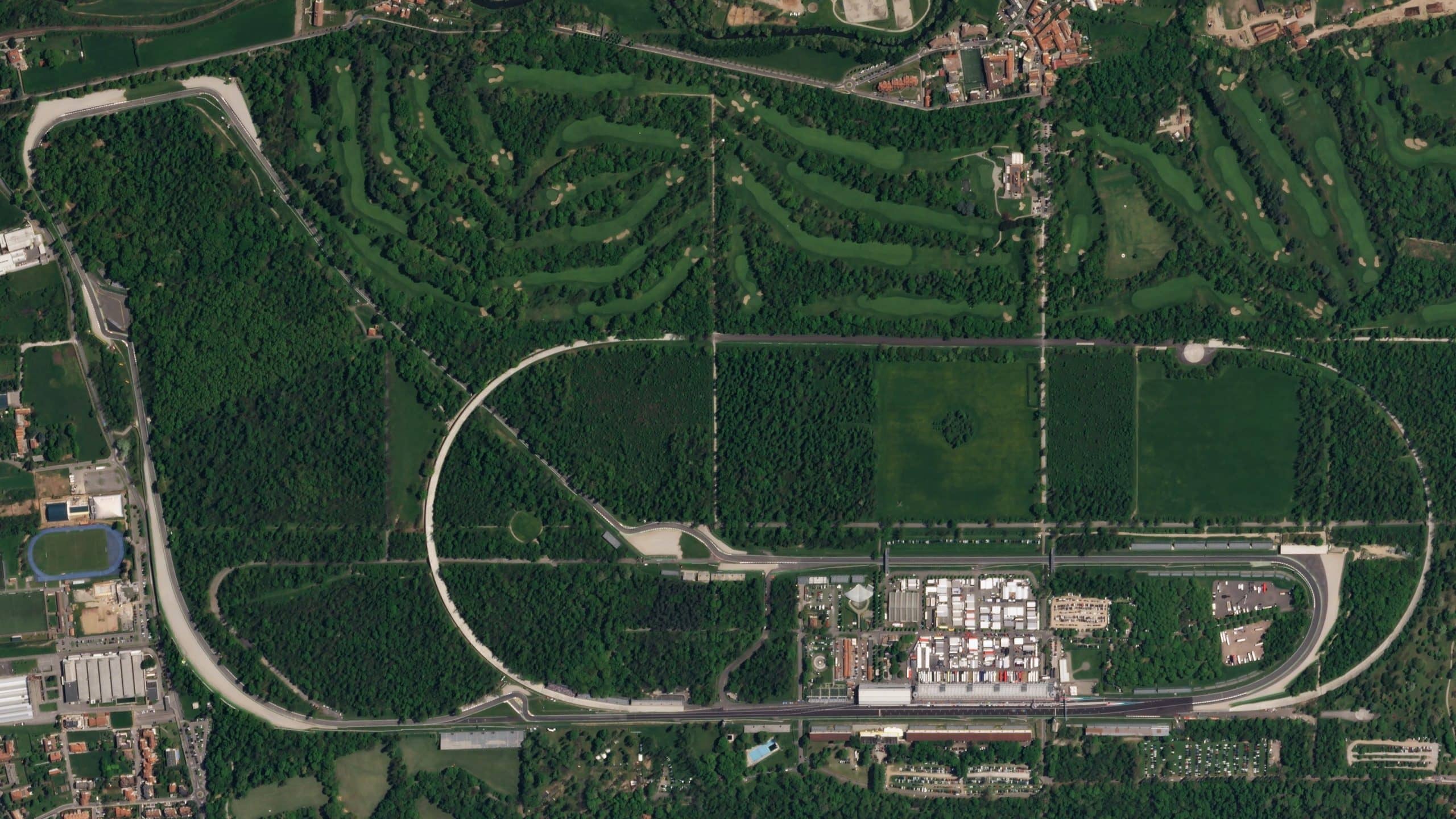Alright, let me tell you about this thing I worked on recently. It was supposed to be simple, really, just a tool to process some data files. But man, it was slow. Like, make-a-coffee-and-come-back slow. For one file. We had thousands.

So, first step, I had to figure out what was going on. I jumped into the code. It looked okay at first glance, nothing obviously terrible. I started adding timers everywhere, trying to pinpoint the bottleneck. You know, sprinkle `print(*())` like confetti. It pointed towards the file reading part, but also the main processing loop seemed sluggish.
Digging In
Okay, file reading. Maybe the way it read chunks was bad? I tried changing buffer sizes, reading line by line instead of big chunks, then back to big chunks. Not much difference. Seriously frustrating. Felt like I was just guessing, throwing darts in the dark.
Then I looked at the processing loop. It did a bunch of checks and transformations on each piece of data. Nested loops, yeah, the classic stuff. But the logic seemed necessary for what the tool needed to do. I spent a good day just staring at it, trying to untangle the flow.
Getting Somewhere… Slowly
I started refactoring bits and pieces. Pulled out some calculations that were happening repeatedly inside the loop. That helped a bit. Shaved off maybe 10%. Better than nothing, but still miles away from usable.

Then I thought, maybe it’s the data structures? It was using basic lists for everything. Maybe a different structure would be faster for lookups or modifications? I experimented with dictionaries, sets… you name it. Some things got slightly faster, others got slightly slower. It felt like pushing water uphill.
- Tried changing file read methods.
- Optimized inner loops.
- Swapped out data structures.
- Drank a lot of coffee.
The Real Problem
After banging my head against the wall for what felt like ages, I took a step back. I realized one of the core checks involved comparing the current data piece against a huge historical dataset. And it was loading and scanning parts of this dataset inside the main loop. Every. Single. Time. Bingo.
It sounds obvious now, but when you’re deep in the weeds, sometimes you miss the big picture. The fix was conceptually simple: load the necessary historical data once at the beginning, organize it smartly (a hash map, basically a dictionary, worked wonders here), and then just do quick lookups inside the loop.
I coded that up. Ran the tool again. And boom. It flew. What took minutes before now finished in seconds. It was like night and day. Suddenly, processing thousands of files felt possible, not like a punishment.
So yeah, that was my journey through that particular performance nightmare. Lots of trial and error, chasing ghosts, until finally stumbling upon the real bottleneck. Always feels good when you finally crack it, though. Makes the struggle almost worth it. Almost.




